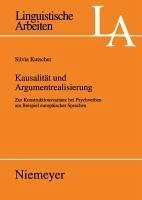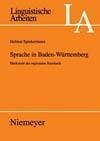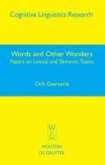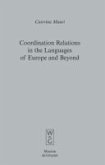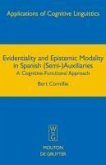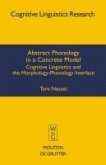The study questions the semantic difference postulated by research between the various constructional types of psychverb. The difference which is assumed in causal structure is refuted using logico-philosophical and linguistic arguments together with findings from psychological and neurological research into emotion. It is shown that in their causal semantics psychverbs differ characteristically from action verbs. Psychverbs display a bi-directional causal relation, which occasions a variety of intralingual and supralingual constructions. Based on cognitive-semantic considerations of the supralingually widespread polysemy of psychverbs and a functionalist syntactic model, the study demonstrates by what other mechanisms, if not by differences in the role and causal structure, the syntactic realisation of psychverb arguments is determined. The basis is an empirical study of psychverb constructions in five genetically and typologically different European languages: German, Estonian, Turkish, Laz and Basque.
Dieser Download kann aus rechtlichen Gründen nur mit Rechnungsadresse in A, B, BG, CY, CZ, D, DK, EW, E, FIN, F, GR, HR, H, IRL, I, LT, L, LR, M, NL, PL, P, R, S, SLO, SK ausgeliefert werden.

